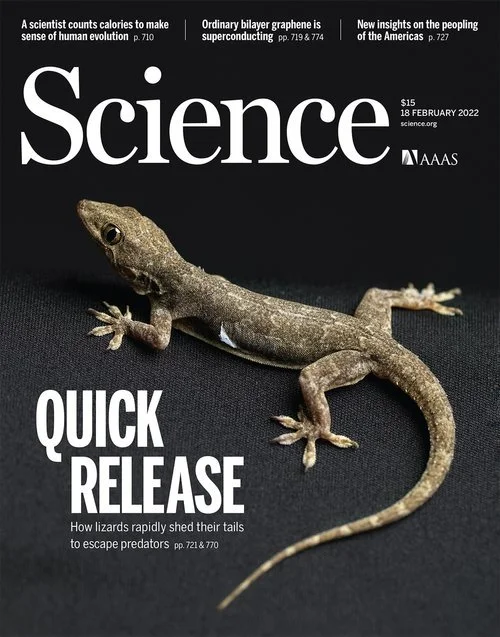
Behavioural Ecology
& Ecotoxicology
About
I am a behavioural ecologist and ecotoxicologist researching the impacts of human-induced environmental change on ecological and evolutionary processes in wildlife. I am interested in uncovering how exposure to emerging forms of chemical pollution can disrupt complex traits and behavioural processes in wild animals. I address these questions using a combination of lab and field approaches to uncover how contaminants affect animals across multiple levels of biological organisation, from individuals to populations and communities.
I am an Assistant Professor at the Department of Wildlife, Fish, and Environmental Studies at the Swedish University of Agricultural Sciences, working within the Aquatic Ecology Research Group, as well as a Guest Researcher in the Department of Zoology at Stockholm University, and an Adjunct Research Associate in the School of Biological Sciences at Monash University. I am also an Associate Editor at Proceedings of the Royal Society B: Biological Sciences and Environmental Science & Technology, and a Board Member at the International Panel on Chemical Pollution (IPCP) and the Society for Open, Reliable, and Transparent Ecology and Evolutionary Biology (SORTEE). I also led the creation of the EthoCRED evaluation method, for which all documents and guidance material are available at ethocred.org.

Recent News

Featured Publications
-

Are behavioral ecotoxicity endpoints relevant at the population level? Evidence-based insights for environmental protection
Bertram et al. 2026
-

Pharmaceutical pollution influences river-to-sea migration in Atlantic salmon (Salmo salar)
Brand et al. 2025
-

EthoCRED: a framework to guide reporting and evaluation of the relevance and reliability of behavioural ecotoxicity studies
Bertram et al. 2025
-

The urgent need for designing greener drugs
Brodin & Bertram et al. 2024
-

Big-data approaches lead to an increased understanding of the ecology of animal movement
Nathan et al. 2022








